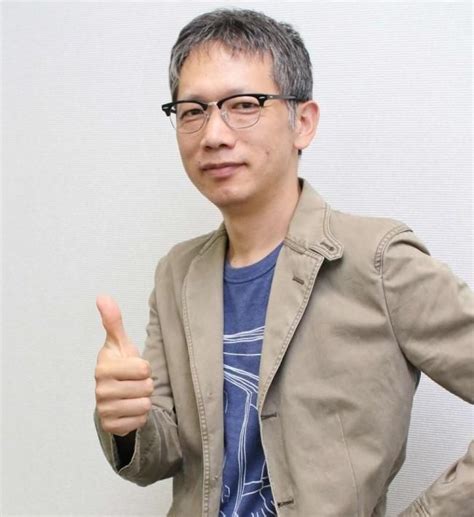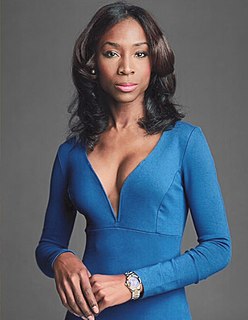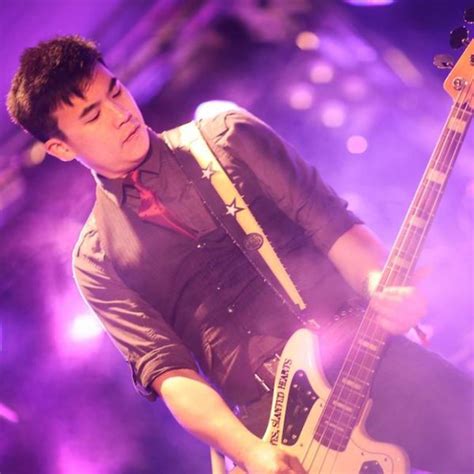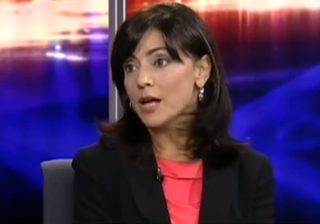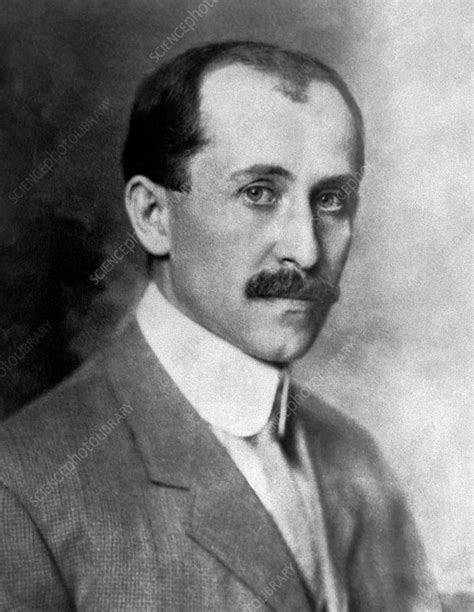A Quote by Melissa Febos
The frustration of being marginalized often gets misdirected at the most visible members of one's own community, because they are more accessible than the real agents of marginalization.
Related Quotes
I want to clarify that one doesn't need to be a scientist or have fancy college degrees to know the truth about the health of our children, our communities, and the planet. Community members generally know far more about the health of their own communities than visiting "experts," yet that knowledge is often discredited because of another story that we tell ourselves: "real" education happens [only] in the halls of universities.
In reality, there is a single integral community of the Earth that includes all its component members whether human or other than human. In this community every being has its own role to fulfill, its own dignity, its own inner spontaneity. Every being has its own voice. Every being declares itself to the entire universe. Every being enters into communion with other beings.
In every phase of our imaginative, aesthetic, and emotional lives we are profoundly dependent on this larger context of the surrounding world.
When social movements engage in legal reform, they often mobilize images of people from their constituent population who most match national norms about what "deserving citizens" are like, and use those people as spokespeople and as lead plaintiffs in legal cases. This strategy requires that people who are experiencing intersectional harm - who are vulnerable through multiple vectors of demonization and marginalization - be further marginalized and disappeared by the advocacy.
I feel more a part of the wrestling community than I feel I belong to the community of arts and letters. Why? Because wrestling requires even more dedication than writing because wrestling represents the most difficult and rewarding objective that I have ever dedicated myself to; because wrestling and wrestling coaches are among the most disciplined and self-sacrificing people I have ever known.
The international community cannot accept that whole communities are marginalized because of the color of their skin. People of African descent are among those most affected by racism. Too often, they face denial of basic rights such as access to quality health services and education. Such fundamental wrongs have a long and terrible history.
If we write our laws and design them around the most privileged members of society, i.e., billionaire football team owner, then we forget about the people who don't have the same resources to make an appeal, to fight a wrongful accusation. Those tend to be members of the LGBT community and people of color because those are the people who tend to engage in the work of reappropriation to subvert discrimination. And yet those are the same ones being denied, based on their own identities.
The most important thing for people to get is we're not even looking at one big investigation, all these agents working together. They were chopped up and divided, but because I worked in the central place... other agents were sending their material to me... I was in this position to see all the dots being connected... These agents, while I was there, because I was the central person, they started connecting the dots.
I think community is a shared history, it's a shared experience. It's not always agreement. In fact, I think that often it isn't. It's the commitment, again, to stay with something - to go the duration. You can't walk away. It's like a marriage, only I think it's more difficult to divorce yourself from community than it is to a human being because the strands are interconnected and so various.




